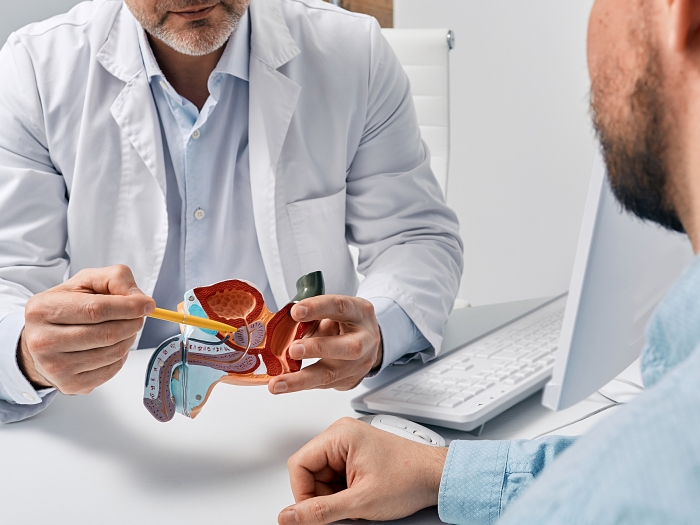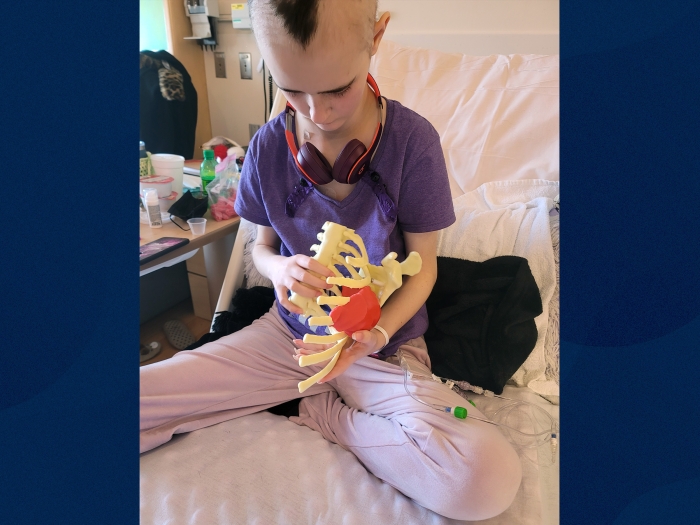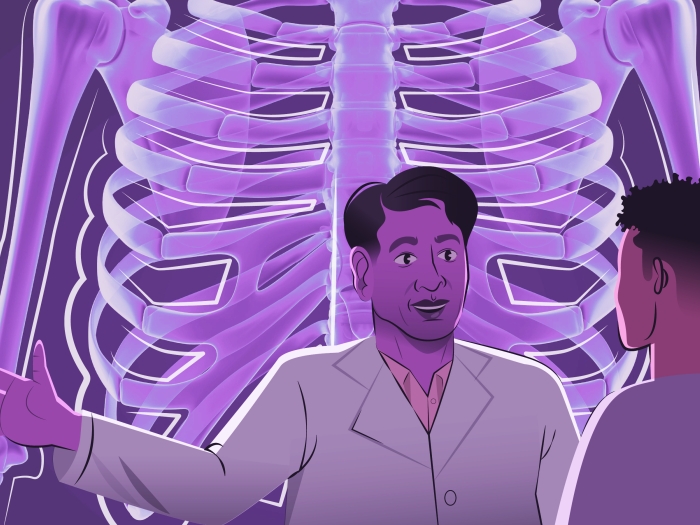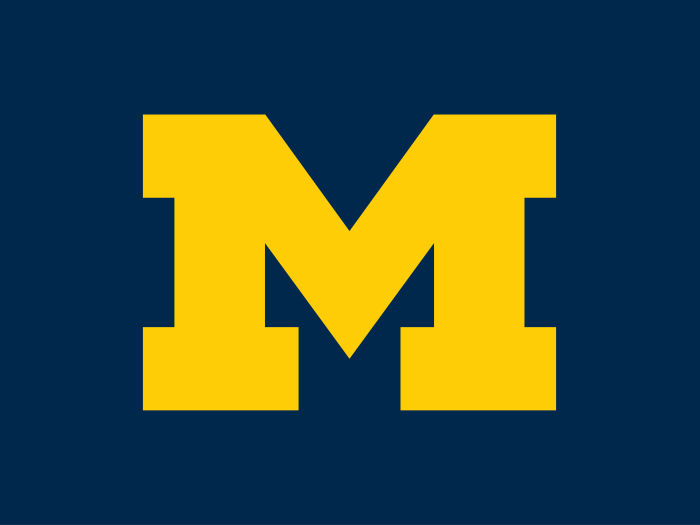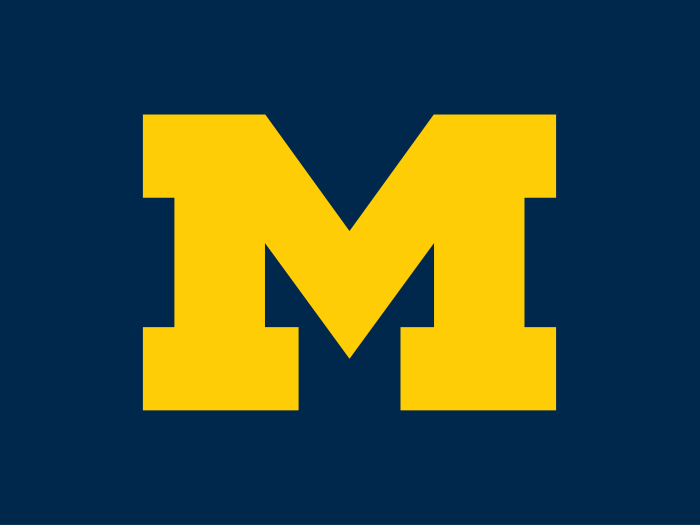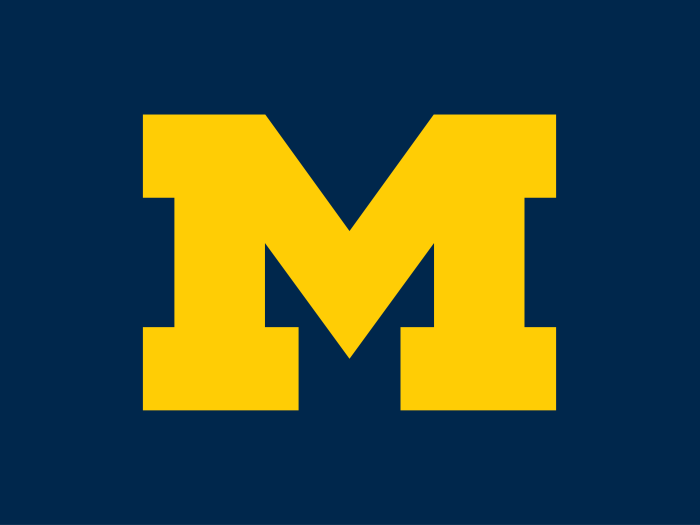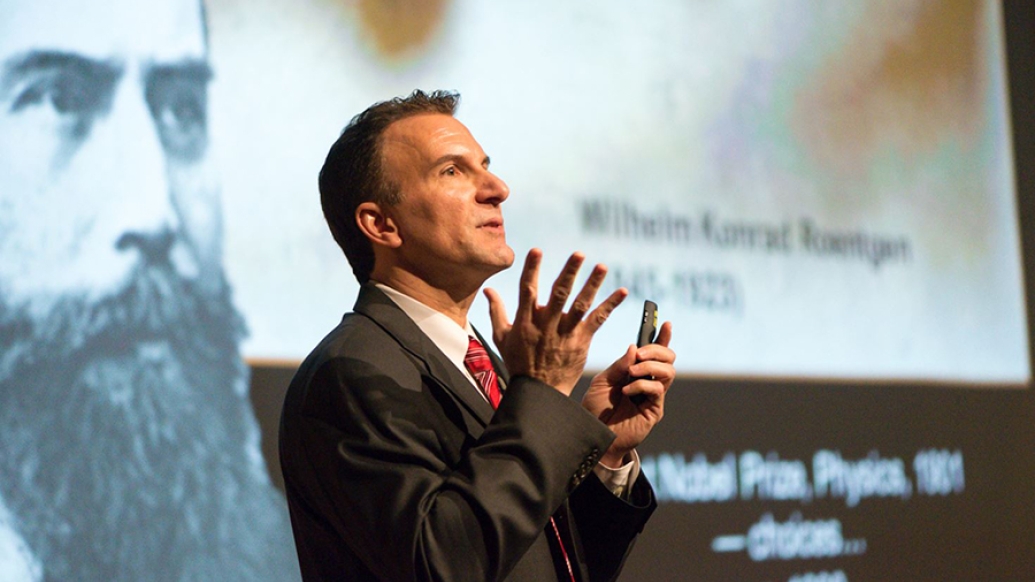
David Fessell, M.D., professor of radiology, recalls sitting on the floor in a broken-down classroom with holes in the wall. As the students went around the room introducing themselves, he felt more and more out of place. Many were actors or actors in training. He was the only radiologist in the bunch.
"I was really nervous to speak in front of an audience," admits Fessell. For most people, that's merely a phobia to be avoided. For an academic radiologist, it's a bigger problem, since part of his job involves lecturing to medical students and residents and at national and international conferences. But instead of taking a public speaking course to overcome his nerves, he went a few steps further on the bravery spectrum.
In that dilapidated classroom more than a decade ago, Fessell experienced his first lesson with the Second City Detroit, a now-disbanded comedy theater and training center modeled on the Chicago improv theater organization. Fessell was taking a summer course in theatrical improvisation, which meant he would have no script to work from. He could rely only on his wits and the goodwill and skill of the actors performing with him. "I was terrible at it," he says. "But I could tell that it was helping me become more comfortable."
Fessell ended up taking class after class and eventually trying out for the conservatory program. He was rejected and told he needed to retake three classes before trying out again. Undeterred, he retook the classes and ended up trying out two more times before eventually being admitted to the program.
After completing the conservatory program, he brought what he learned back to the Medical School, where he was excited to add some improv to the curriculum. "The next thing I knew, I was helping to arrange Alan Alda's visit to U-M," he says. Fessell actually drove the iconic "M-A-S-H" actor from the airport when Alda visited in 2015. "With Alda and his team, we did some improv workshops with medical students. That was a ton of fun."
Alda said during the workshops: "The public is on a blind date with science, and to some extent with their doctors. They're thinking, 'Can I trust this person, do they have an agenda, do they care, are they thinking only about themselves?' We want to move from a blind date to a close relationship." Afterward, Fessell and Alda both contributed to an article in Medical Science Educator on improv training for medical students.
Although he's no longer teaching improv to medical students, Fessell is still a big proponent of bringing humor and creativity into the practice of medicine. The "yes, and …" philosophy of improv, in particular, has guided him. It's the idea that you say yes to whatever your partner is doing on stage and then add something to the scene. When patients are tense before a procedure, Fessell uses his training to keep light conversation flowing, asking them about their kids or pets, and sometimes sharing a joke. "Then all of a sudden, they say, 'You're done already?'"
When asked if he knows any radiology jokes, Fessell thinks for just a moment. "What does a dentist call X-rays?" he asks.
"Tooth pics."
Despite the goofy puns, Fessell takes humor seriously — especially as a coping mechanism for stressful times. "Since COVID, I've been trying to add more humor to my world. It gives people a lift." He's even written a JAMA article about it. He's also joined forces with faculty from the Center for Positive Organizations at the U-M Ross School of Business to promote positivity. Together, they've published an article in the Harvard Business Review about "How One Person Can Change the Conscience of an Organization" and another article on "Maximizing Your Energy During COVID-19."
